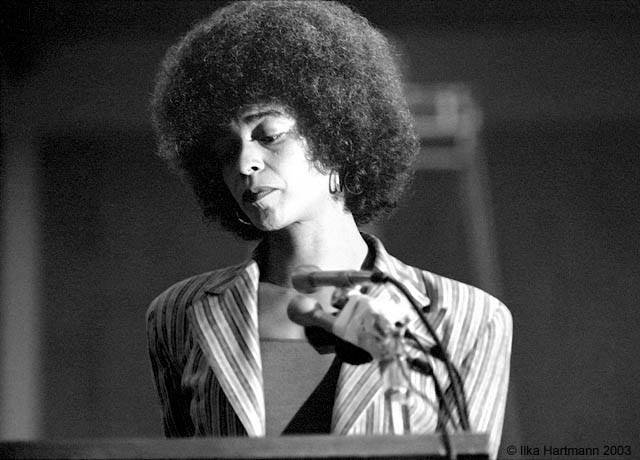
Angela Davis during a speech in Northern California. Spring, 1981. Photo by Ilka Hartmann, used here with permission.
It is essential to resist the depiction of history as the work of heroic individuals in order for people today to recognize their potential agency as a part of an ever-expanding community of struggle. ― Freedom Is a Constant Struggle: Ferguson, Palestine, and the Foundations of a Movement
Angela Davis, born on Jan. 26, 1944, is a civil rights activist, writer, professor, and a founding member Critical Resistance, a national organization dedicated to the dismantling of the prison industrial complex.
In 1970, she was placed on the FBI’s Ten Most Wanted List on false charges, jailed, and eventually freed with the help of a national campaign that demanded her release.
Here are two contemporary interviews with Davis of note: discussion about Frederick Douglass with Toni Morrison and reflections on prison abolition movement, 40 years since arrest, on Democracy Now! below.
The Ku Klux Klan and the racial segregation that was so dramatically challenged during the mid-twentieth century freedom movement was produced not during slavery but rather in an attempt to manage free Black people who would have been far more successful in pushing forward democracy for all.
There is this freedom movement and then there is an attempt to narrow the freedom movement so that it fits into a much smaller frame, the frame of civil rights. Not that civil rights is not immensely important, but freedom is more expansive that civil rights. And as that movement grew and developed it was inspired by and in turn inspired liberation struggles in Africa, Asia, Latin America, and Australia. It was not only a question of acquiring the formal rights to fully participate in society, but rather it was also about substantive rights — it was about jobs, free education, free health care, affordable housing, and also about ending the racist police occupation of Black communities.
When I think about the violence of my own youth in Birmingham, Alabama, where bombs were planted repeatedly and houses were destroyed and churches were destroyed and lives were destroyed and we have yet to refer to those acts as the acts of terrorists. You know terrorism which is represented as external, as outside, is very much a domestic phenomenon. Terrorism very much shaped the history of the United States of America.
In the fall of 2022, a student planned event with Davis was cancelled by the school district in Rockland, New York. She spoke at a church instead,
You know, I spoke about the fact that it was very important that this movement was being led by students. Young people are the closest to the future. Young people are the ones who have the greatest stake on imagining and creating a more democratic future, a future characterized by justice and equality and freedom.
See the related segment on Democracy Now!

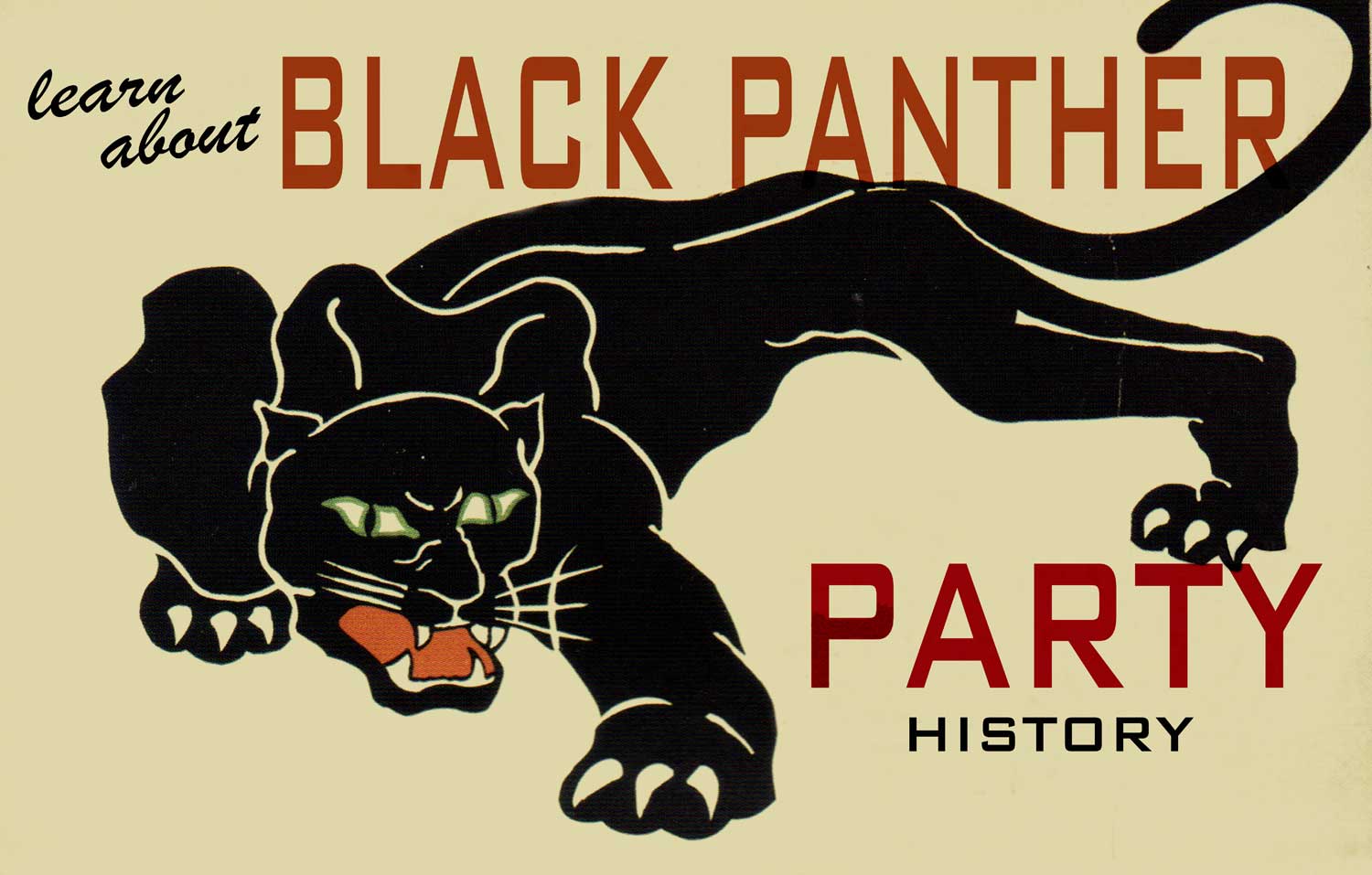
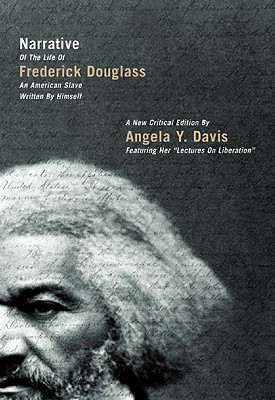
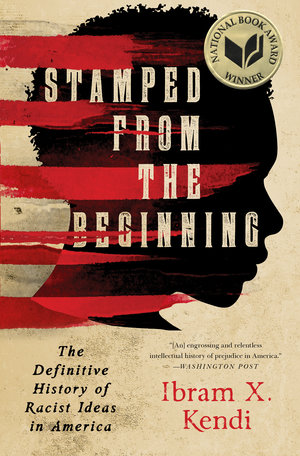
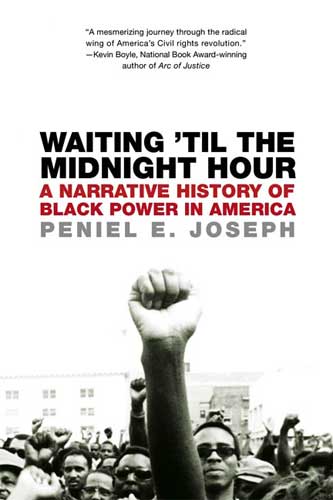





Twitter
Google plus
LinkedIn